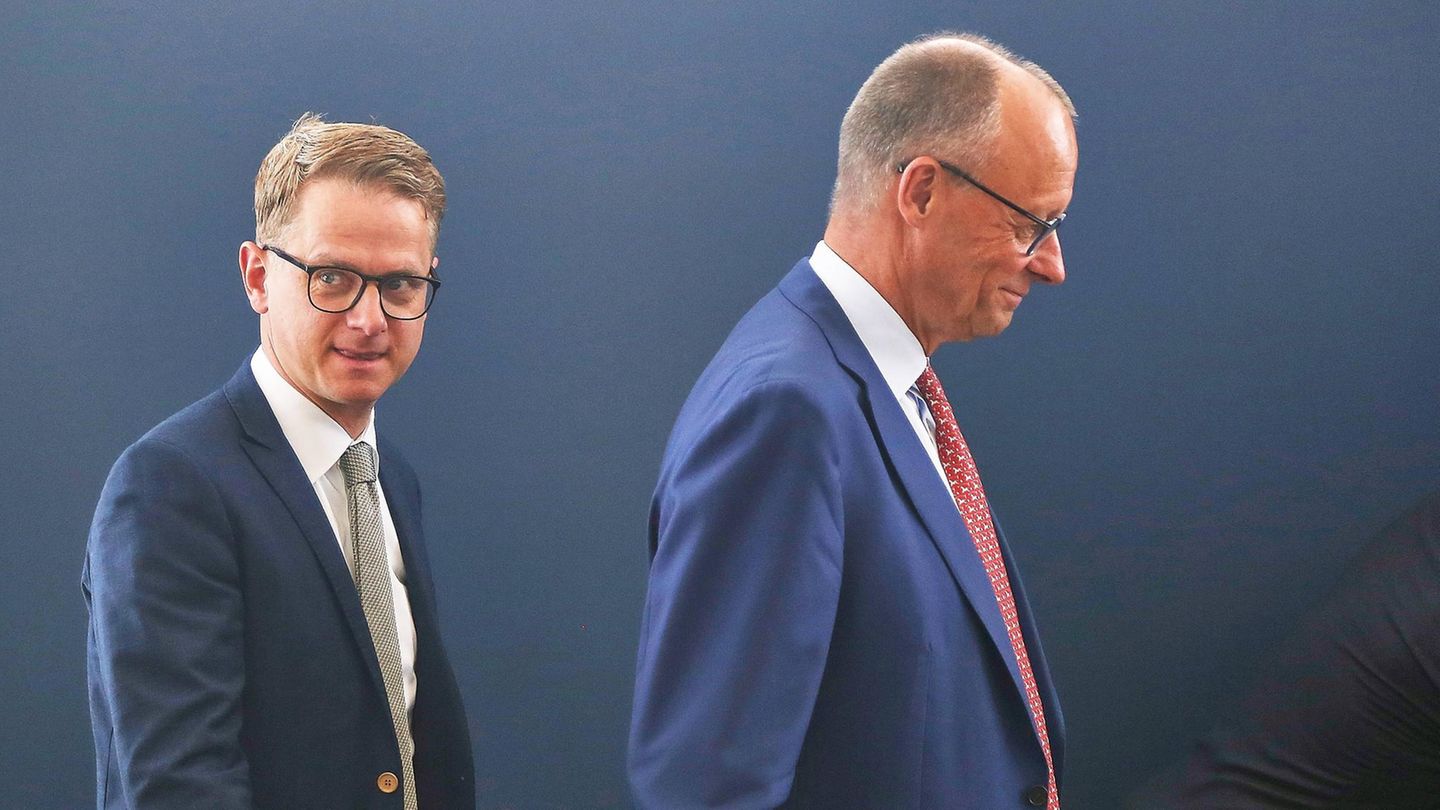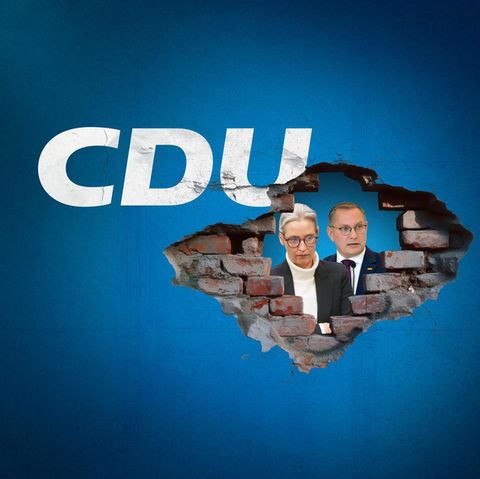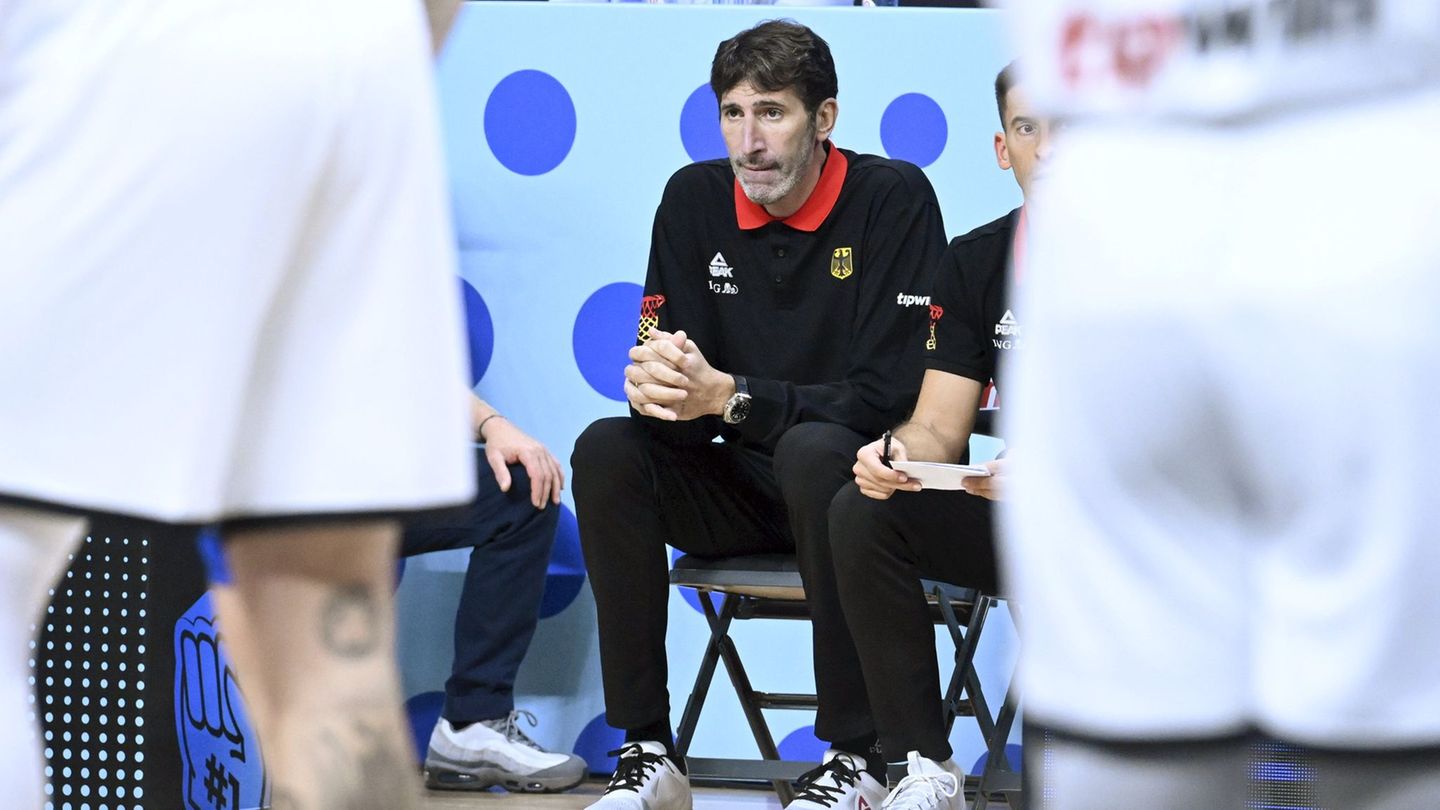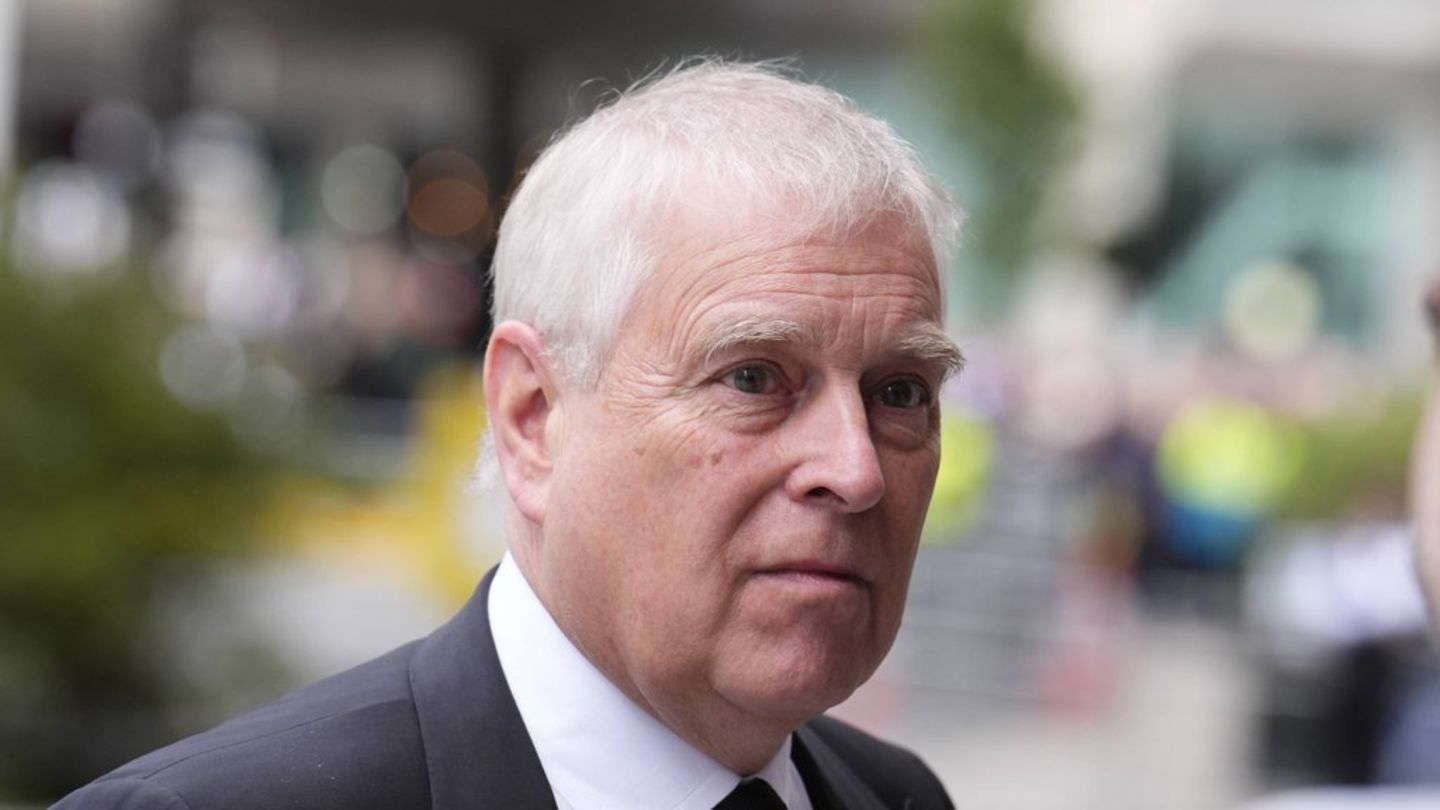Firewall debate
This is what happened at the CDU’s anti-AfD meeting
Copy the current link
Add to watchlist
The CDU will discuss a new way of dealing with the AfD on Sunday. The goal unites everyone: slowing down the party’s rise. There are arguments about the right path.
This Sunday, October 19th, could prove to be a fateful day for German Christian Democracy. In a closed meeting, the CDU presidium around party leader Friedrich Merz wants to discuss the future course in dealing with the AfD – away from day-to-day business, carefully and, above all, in the utmost confidentiality.
Even the location is changed. The party leadership does not meet in the Berlin headquarters, but in a secluded location in Berlin’s Grunewald.
The pressure of expectations is enormous – from the party as well as from the public. Statements by former Secretary General Peter Tauber and other Union representatives in star triggered a nationwide debate this week: Is the strict demarcation from the AfD still appropriate, or is it now doing more harm than good? The party leadership is largely silent. But this weekend she has to take a stand.
The big question is how to win back AfD voters
According to party circles, psychologist and market researcher Stephan Grünewald will play a key role on Sunday. For around an hour he will present the results of his detailed surveys of dozens of AfD voters: When does someone switch to the AfD? Which mechanisms are at work? And how can these people possibly be won back?
The 24-member presidium will then have an extensive discussion. The goal is clear: to slow the rise of the AfD. But there is disagreement about how to get there. Party leader Merz had already emphasized that the CDU “needs to engage much more closely with the AfD in terms of content” – and show more clearly why and how it is damaging the country. The results of the discussions are to be presented at a press conference on Monday.
There are three camps on the matter.
The first considers the current firewall policy to be counterproductive. This group, which also includes Peter Tauber, calls for a “policy of red lines” instead of blanket exclusion. Tauber says: “The current stigmatization only helps the AfD.” He receives support primarily from Eastern associations and younger party members. Thuringia’s CDU parliamentary group leader Andreas Bühl agrees: It is the task of all parties to “take away the aura of the AfD – through sovereign debate, not through outrage rituals.” Nevertheless, he rules out any cooperation with the AfD.
But Bühl also says: “Whether an application or law is right or wrong is not determined by who agrees to it.” Anyone who claims this is giving the AfD the power to interpret every debate. It is roughly the position that Friedrich Merz represented at the beginning of the year when he pushed the Union faction in the Bundestag into a joint vote with the AfD. “What is right in the matter does not become wrong because the wrong people agree,” Merz said at the time. This camp is becoming stronger and more noticeable in the CDU.
Today, however, the party leader sounds different: The second camp, to which Merz belongs, advocates a sharp demarcation from the AfD in terms of content – albeit in a strategically new way. Cooperation remains taboo, but Merz wants to put the AfD on the offensive, expose it argumentatively and thus bring the CDU back into a position of strength. A leading party member puts it this way: “We have to bring the conflict into the AfD.” What that means in concrete terms remains to be seen – more public discussions? Political offers that she can only refuse? A test of choosing people to reveal inconsistencies?
The third camp, supported primarily by the prime ministers and the liberal party wing around Karin Prien and Karl-Josef Laumann, warns urgently against any form of rapprochement. North Rhine-Westphalia’s Prime Minister Hendrik Wüst speaks of an “extremely dangerous Nazi party”, Daniel Günther’s CDU in Schleswig-Holstein is pushing towards a party ban.
The CDU’s top candidate in Rhineland-Palatinate, Gordon Schnieder, sees it similarly. “Some people obviously don’t want to understand it: the AfD is not interested in working together,” he says star. The goal of the AfD is the destruction of the CDU. The debate is “untimely,” added Schnieder. Elections will take place in Rhineland-Palatinate in spring 2026. The concern among Schnieder and others is that any perceived AfD approach will harm the CDU as a whole. Some in the party are already warning of a possible split.
The situation is tricky. By next fall at the latest, government formation in Saxony-Anhalt or Mecklenburg-Western Pomerania could force CDU decisions – between possible cooperation with the Left Party or AfD, between loyalty to principles and political ability to act. Helplessness still dominates. Both delimitation decisions will probably survive the weekend.
One thing is certain: A long, emotional meeting awaits Merz, Secretary General Carsten Linnemann and the Presidium – but also further difficult months, possibly years. How to deal correctly with the AfD has long been more than a strategic question – it affects the self-image and possibly the existence of the CDU as a people’s party.
Many in the party leadership would have liked to discuss the right anti-AfD strategy away from the public. In silence. But party leader Merz revealed the topic of the conference on television at the beginning of October. “We will spend a day just dealing with these questions,” he said on MDR at the time. And now an entire party is waiting for answers.
Source: Stern
I have been working in the news industry for over 6 years, first as a reporter and now as an editor. I have covered politics extensively, and my work has appeared in major newspapers and online news outlets around the world. In addition to my writing, I also contribute regularly to 24 Hours World.





